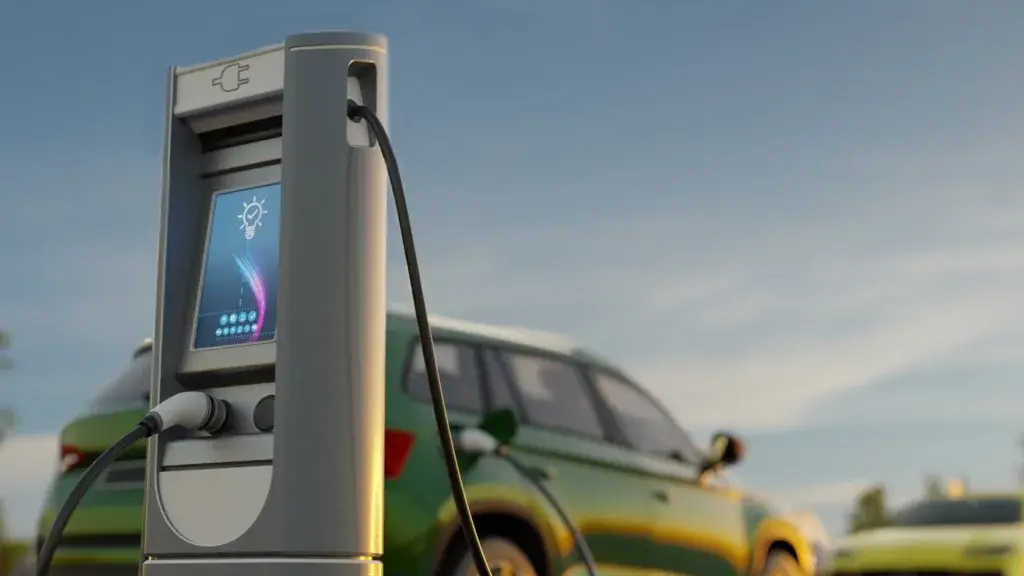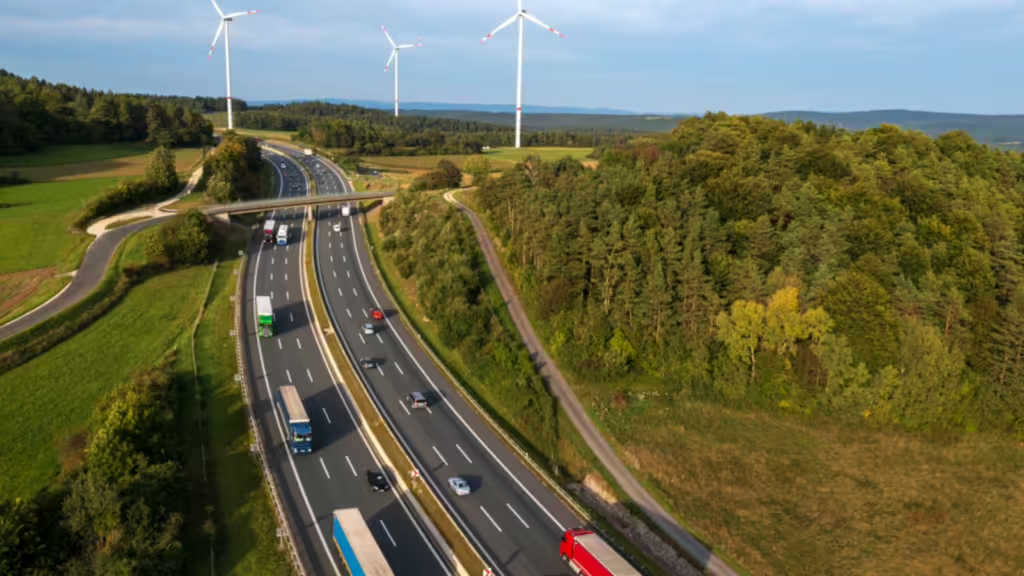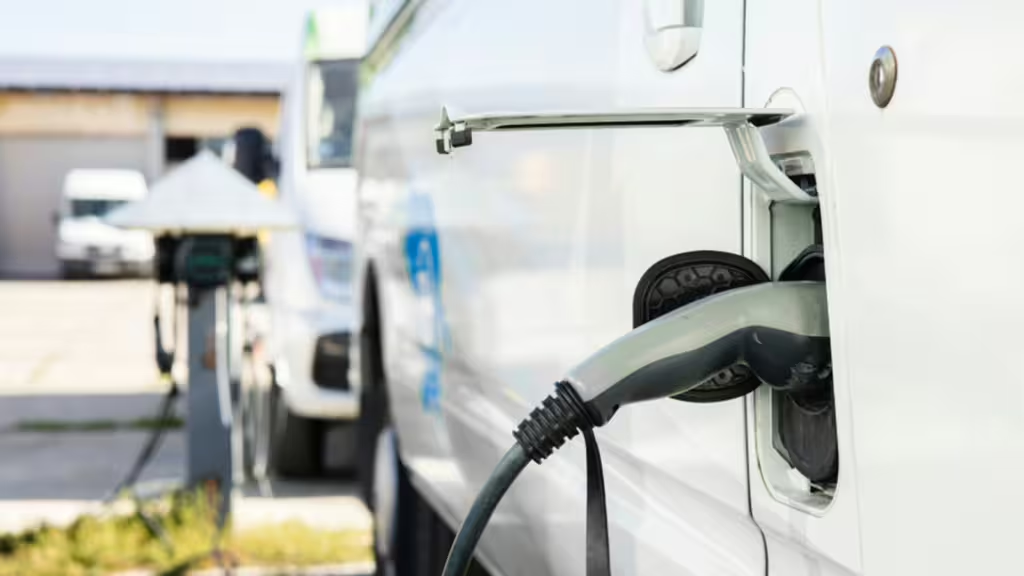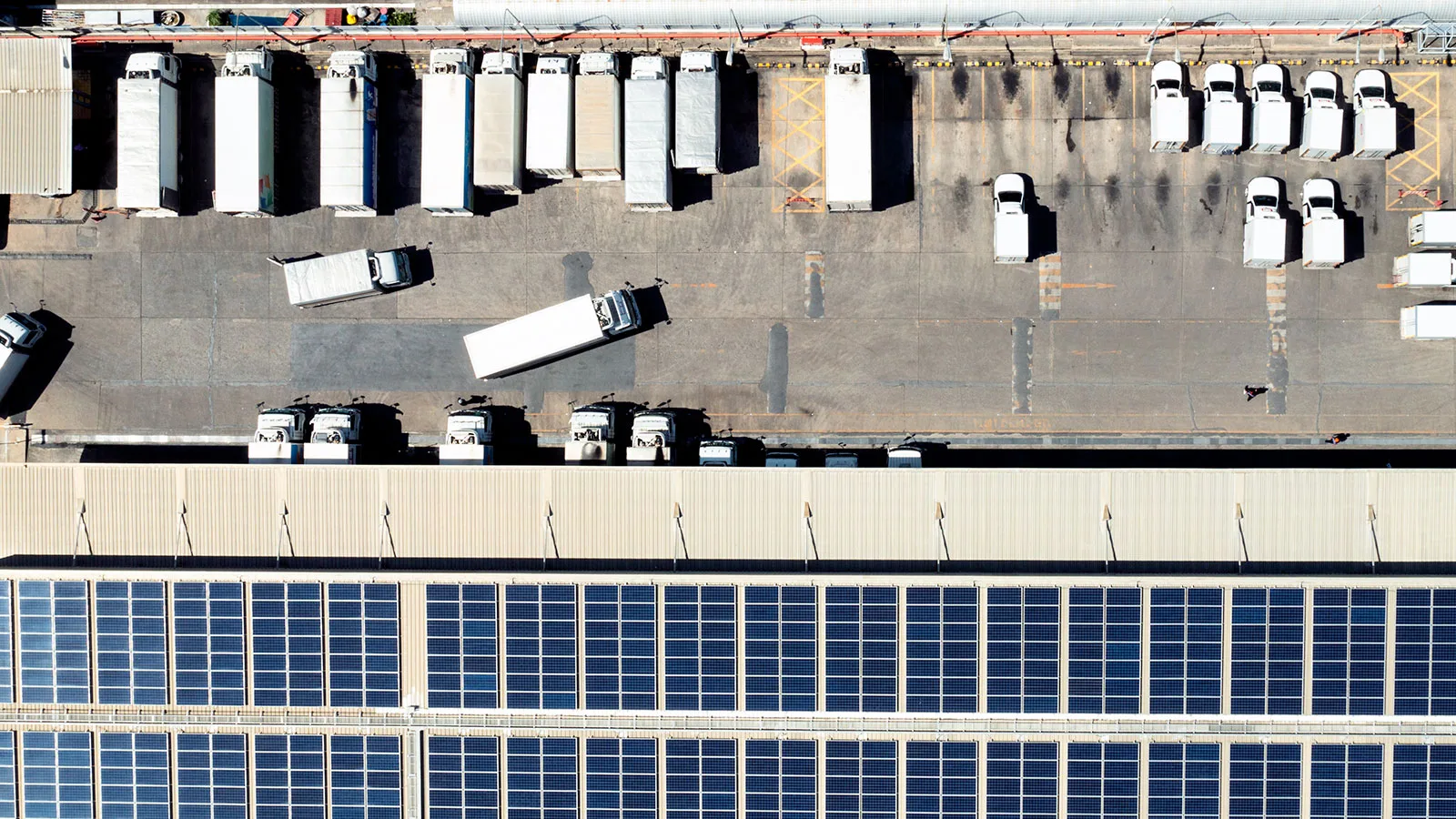The Global Transport emissions must fall by 25% before 2030 to stay aligned with the Net Zero Emissions by 2050 scenario. While businesses are making bold investments, signaling that the transition is possible and full of opportunity, complex barriers remain that hinder the needed speed and scale of the transition; such as unclear transition roadmaps and lack of supportive policies, Varying market maturities and complexity of the use-cases, supply vs. Demand gaps including the skills gap.
These offtake challenges call for collaboration across the value chain and with governments to identify transport and mobility decarbonization breakthroughs and create multi-year transition plans that can help to drive the investment case for technology adoption further. They also call for the new forms of demand-supply engagement, including innovative market mechanisms that can de-risk and scale investments.
Focusing on driving technology implementation and investments, the Zero Emission Vehicle Emerging Markets Initiative has been paving the way in creating implementable mechanisms and models for scaling the ZET adoption, leveraging aggregate demand for viable ZEV use-cases and shaping public-private agreements (roadmaps, investment, policies) in the most impactful road freight corridors and urban hubs.
The overarching model seeks to drive systems change through a steps approach for creation of viable investment case. This includes i) establishing country partnership, such as with India and later Mexico ii) Demand quantification and shaping an investment case for the most viable use cases, such 8,000 e-trucks in India by 2030; and 17,000 ZEVs in Mexico by 2030. Iii) mapping charging infrastructure needs; such as India data-sharing platform iv) shaping collective buyers and supply alliance, and finally iv) creation of financing mechanisms to further de-risk investments and scale and deployment that goes beyond corporate first-movers.
The “Democratizing Electric Trucks in India: A Leasing-led Model for Scaled Adoption” represents a comprehensive financing model that seeks to de-risk and scale investments for ZET supply and demand side, while leveraging innovative mechanisms such as demand aggregation and carbon market mechanisms to further drive the business case. By such, it introduces a mechanism that leverages demand aggregation to achieve economies of scale, manage aggregate risks and provides a pathway for creation of larger-scale adoption of carbon credit mechanisms that can further drive the business case for technology adoption. It builds on four key pillars:
- Demand Aggregation – Pooling orders across fleet operators and shippers to reduce procurement costs, improve vehicle utilization, and create investment scale.
- Blended Finance – Using a mix of concessional and commercial capital to reduce lease rates and improve risk-adjusted returns.
- Risk-sharing Mechanisms – Deploying guarantees, carbon finance, and revenue assurance (e.g., long-term freight contracts) to boost project bankability.
- Bundled Services – Offering ZETs with integrated charging, maintenance, and digital services to lower operational friction and ensure uptime.
Though developed with India’s e-truck market in focus, this model is designed for adaptation and replication across countries and vehicle types and we invite financial institutions, policymakers, and industry leaders to collaborate in piloting, refining, and scaling this model to support an inclusive and resilient clean transport future.
This work demonstrates that decarbonization freight transport creates business innovation and opportunity. In India, leading businesses are scaling adoption and investing in electric trucks, showing that ambitious climate action and economic growth can go hand in hand. This innovative leasing model highlights the power of collaboration across the value chain—and underscores the critical role financial institutions play in enabling inclusive, scalable solutions. At WBCSD, we’re proud to support this momentum by bringing business leadership together with other key stakeholders to help transform value chains.
– Diane Holdorf, Executive Vice President, Pathways, WBCSD
Decarbonising logistics is a critical step in achieving our sustainability goals. Integration of electric trucks in our logistics is a key building block, in addition to modal shifts that we are working on. Scaling such transformation demands a right combination of innovative financial models and ecosystem collaboration. This roadmap is a timely and essential enabler, aligning industry, financial institutions and policy to address systemic barriers and build momentum for zero-emission freight adoption.
– Deeksha Vats, Group Chief Sustainability Officer, Aditya Birla Group
Fujitsu has demonstrated the power of a data-driven approach to EV infrastructure optimization. Our field trials, focused on enabling fleet operators to improve efficiency and economics, resulted in a 70% reduction in per-delivery charging time, and a 13% reduction in fuel costs. This underscores our conviction that data is key to accelerating EV adoption. We believe the leasing models highlighted in the report have the potential to address many of the financial and infrastructure challenges related to the adoption of zero-emission trucks.
– Sinead Kaiya, EVP, Global Solutions Business Group, Fujitsu
You can read more about the model here.
Related
Content

Companies unite to advance freight and passenger zero-emission vehicles in Mexico, signaling demand for more than 17,000 electric vehicles by 2030
14 November, 2024

22 businesses meet to stimulate investments in zero-emission freight corridors
30 September, 2024

Digital collaboration for EV charging infrastructure substantially reduces costs and improves operations
10 September, 2024
